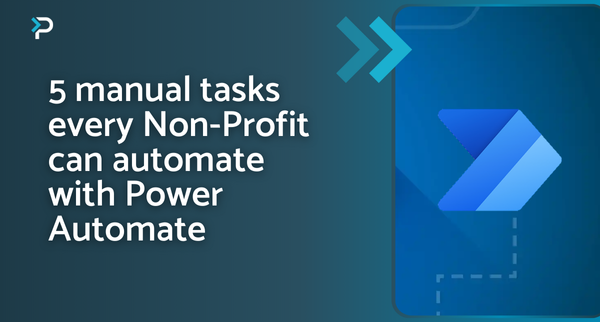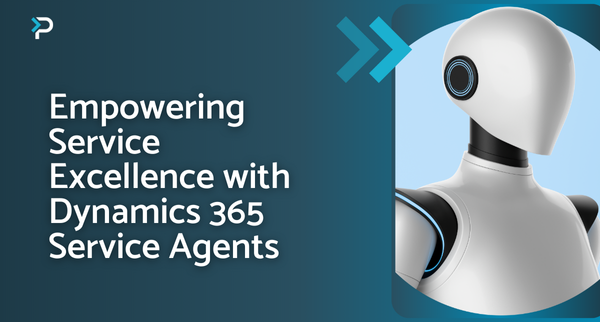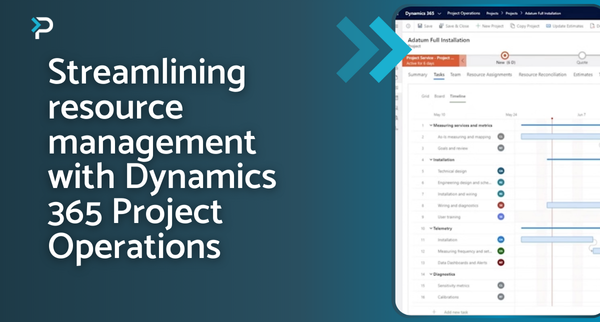5 Trends that will Drive Digital Transformation in 2018
5 Trends that will Drive Digital Transformation in 2018
January 10th, 2018
7 min read
First things first, what exactly is Digital Transformation?
Digital Transformation (DT) is the metamorphic change linked with the application of digital technologies to business products, processes and assets to drive growth and innovation. Digital Transformation is a key player in enhancing customer value, reducing security risk, improving operational efficiency and ultimately, driving ROI for businesses of all sizes, across every sector imaginable.
What does Digital Transformation mean for your Business?
Rather than enhancing or supporting traditional methods, implementation of Digital Transformation is a necessity for businesses who need to stay ahead of the curve. Business decisions made today will pave the way for our future generations, and we’re only beginning to scratch the surface. Digital Transformation is your legacy.
Digital Transformation in 2018
As we stride into 2018, forward-thinking companies and experts are fully aware that development processes, business practices, IT infrastructure, and technologies such as machine learning and Internet of Things (IoT) are vital to digital innovation. It can be time-consuming for business leaders to stay ahead of the curve and to understand exactly what’s what in the ever-changing world of Digital Transformation – that’s why we’ve kept our ear to the ground for you. Here are 5 standout areas that business leaders should consider as part of their digital transformation strategy in 2018.
1. The Convergence of Machine Learning and the Internet of Things (IoT).
With the number of connected devices set to top 11 billion – not including computers and phones – in 2018, Internet of Things will undoubtedly remain a burning topic for IT leaders. However, IoT alone is not truly transformational. According to this article from Network World, IoT needs to be combined with key technologies such as machine learning to truly make the desired business impact. The convergence of these technologies means companies will see a higher return and increased value from their IoT investments and will begin to overcome the barriers that previously hindered adoption, including security, bandwidth and data analytics challenges. Companies with a solid IoT investment will want to see these valuable insights in real-time, so they need to work hard to develop networks that will quickly move large amounts of data as efficiently as possible. This is a factor as to why we’ve seen so many companies rush to build out their 5G networks.
In addition, with IoT devices deployed across a myriad of locations, data needs to be processed beyond a centralised server – that’s where the growing development of the Cloud and Edge computing systems really starts to come to the fore for leading digital businesses.
2. User Experience (UX) needs to be Prioritised.
The most intelligent digital platforms today provide the end-user with much more than relevant information in an easily digestible format. Great websites and apps create an intuitive experience that reduces friction and saves users valuable time. Even if users forget the intricate details of their experience with an application, they almost certainly remember how it made them feel. Well-considered User Experience (UX) design inspires and delights and makes an impact on how the user feels when engaged with your technology. This is crucial for turning a one-time user into a life-long customer and advocate of your company.
This year, IT departments need to venture outside their traditional comfort zones to improve the current user interface (UI) across all digital platforms and prepare for the daily use of increasingly complex processes. Accelerating these changes and acting now will support the process of digital transformation and allow companies to focus on the significant challenges of competing in the evolving digital economy.
3. Artificial Intelligence (AI) and Machine Learning go Mainstream.
With the dramatic growth of data collated by the Internet of Things, businesses turn to machine learning to process, trend, and analyse the information. Machine learning isn’t just a nice-to-have in 2018 – it’s a must-have. It’s the only way companies can make valuable sense of the flow of data ready at their fingertips. Insights-driven companies must understand, however, that AI is not a plug-and-play approach. Integrating this technology with current systems requires a strategic approach covering planning, deployment and strict governance.
If you don’t yet have a machine learning strategy in place, believe us, it will soon be on the cards. Forrester predicts up to 80% of companies will rely on ‘Insights-as-a-Service’ in some capacity in 2018.
4. Digital Reality will be an Essential Conversion Tool for Companies.
Digital Reality is a fusion of immersive technologies such as augmented reality (AR) and virtual reality (VR) which provide an intuitive experience to enhance the life we lead. In the imminent future, our means of interacting with digital information will likely no longer be screens and hardware, but will instead rely on actual gestures, emotions, and gazes.
We can expect to see exponential growth and an increased usage of VR and AR in 2018 within industries that have been hesitant to adopt. As analytics improve and the tangible results of these immersive technologies become measurable, business leaders will see Digital Reality as less of an outsider technology and more of an essential engagement and conversion tool. Small businesses could be set to save time and financial investments by taking their business into the virtual space. In an article published by Goldman Sachs research business unit leader, Heather Bellin states that digital reality technologies have the potential to transform how we interact with almost every industry today. She continues, it will be equally transformative both from a consumer and an enterprise perspective. On the horizon, we can see how Digital Reality could be an essential investment for SMEs, and thanks to the drastic drop in price and the versatility of its applications, it’s likely to be a profitable one, most likely in the very near future.
5. A United Digital Vision across Organisations.
Okay, so this may be a utopian prediction, but as Digital Transformation becomes intrinsically part of overarching business objectives, organisations as a whole will embrace the need for this advancement. Driving digital change, however, is no small feat and requires fostering a culture of testing and collaboration that holds all business leaders (and employees) accountable for the overall digital vision.
Above all, leaders must represent the attributes they wish to encourage their employees: creativity, innovation, inquisitiveness, team spirit and digital championing. Business leaders must release control and embrace the power of digital-only then will a workplace truly transform. Every business will start thinking as a digital business, and as Microsoft CEO, Satya Nadella puts it:
“Every company is a software company. You have to start thinking and operating like a digital company. It’s no longer just about procuring one solution and deploying one. It’s not about one simple software solution. It’s really you and your employees thinking of your own future as a digital company.”
In 2018 and beyond, we would like to see technology integrated into every aspect of your business. By creating an ecosystem that restructures how you operate and compete, digital transformation brings the limitless potential to empower employees and boost customer engagement to drive ROI for the company as a whole. Digital Transformation and all the areas it embodies are the driving force for companies to establish themselves as a disruptive force in their industry.
How can Pragmatiq Support you with Digital Transformation?
Through our strategically-led digital transformation solutions, we look to understand your business, market and customers – enabling us to create growth opportunities so you can attract more customers, drive engagement and increase transaction, whilst also building and retaining loyal relationships. As Microsoft Dynamics 365 partners, we’re proud to understand and embrace industry-leading technology that supports businesses to engage customers, empower employees, optimise operations and capture emerging opportunities.
If you would like more information about how Pragmatiq can support your business, please get in touch via the contact form, or email us at info@pragmatiq.co.uk / call us on 01908 038110.
Want to keep in touch?
Sign up to our newsletter for regular updates.
"*" indicates required fields


